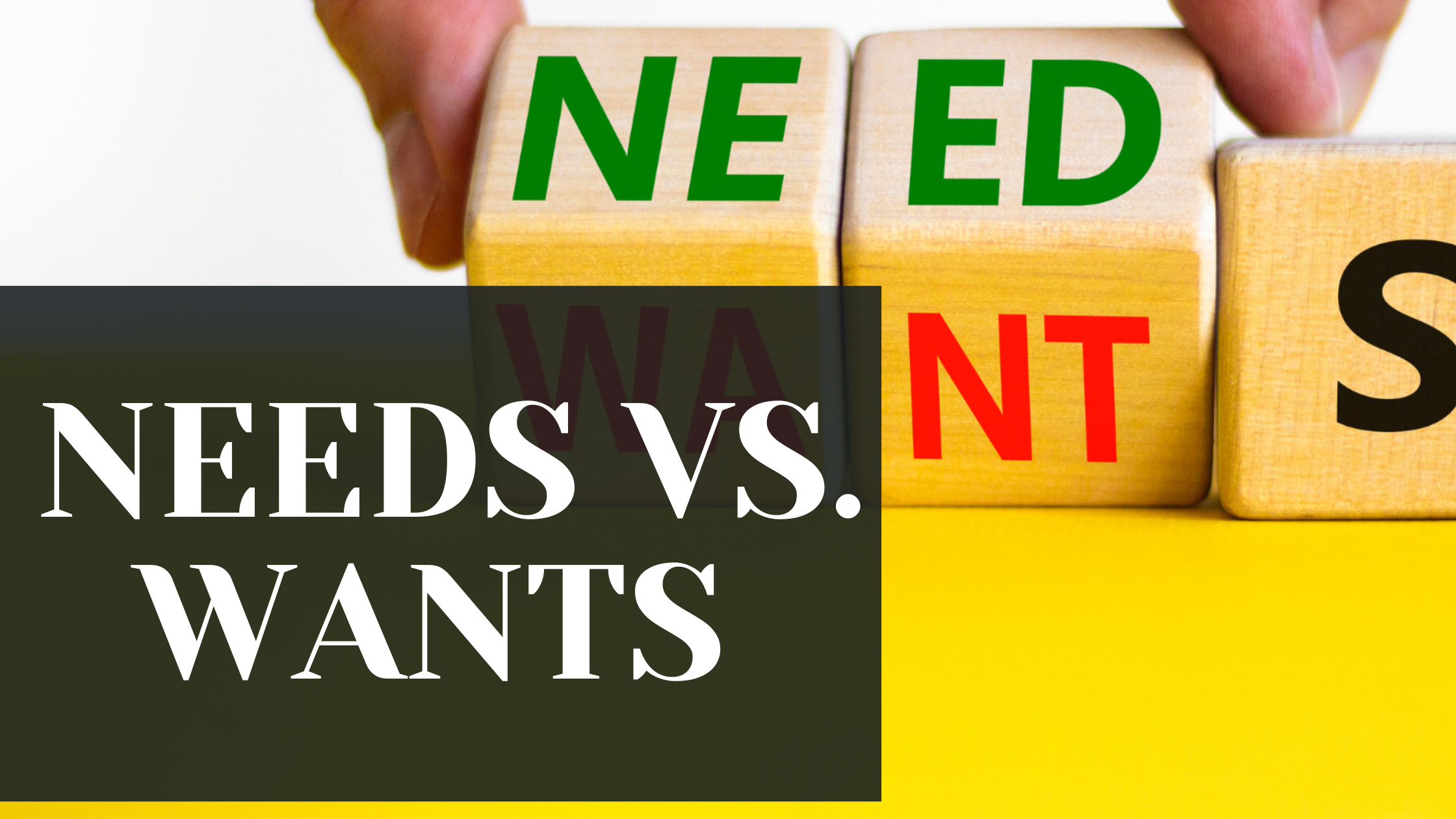By Tokiso TKay Nthebe
Growing up in a fast-paced world where everything is instantly available from a click of a button, the lines between a need and want can be blurry. With the increasing social media pressure, many young people (and adults) are consumed by the ‘instant gratification bug’ where they want things, and they want them NOW!
It is increasingly becoming harder to differentiate between a need and want, where people spend feverously and impulsively buying things they do not really need. To help you avoid the pressure of impulsive spending, this article defines the difference between needs and wants and shares practical strategies to consider.

What is a need?
A need is described as something you cannot survive or live without, for example food, air, water, and shelter. If you do not eat or stay hydrated, your health and life can be compromised leading to death. Other examples of needs can be safety where you need to feel safe and secure.

What is a want?
A want on the other hand is something you can live without but can make you happier if you had it. Examples of wants include the latest smart phone, designer shoes or clothes, holidays with family and friends etc. Wants are often perceived to be BAD spendings which should not be the case. Wants can also be important because they fulfil desires that make life exciting and worthwhile. If not well managed well and responsibly however, you can end overspending and impulsively buying things convincing yourself that you ‘need’ them.
Do you want to need it?
A common mistake people make is to ‘convince’ themselves and justify why they spend money buying more ‘wants.’ Examples of these justifications include statements like ‘It is on sale, so I am saving money’, ‘I work very hard and deserve it’, ‘I need a new outfit for this event’ and ‘all my friends have it, so I need it too.’
The question you need to ask yourself is ‘Do I need it, or do I just want it?’

How to avoid overspending?
- Define what are your needs and what are wants and write them down.
- Have a savings plan and allocate some money for the wants – what do you want, how much do you need to buy it and by when do you want it?
- Set internal controls and boundaries – what is the maximum amount you are prepared to spend?
- Practice delayed gratification – you do not always need to have it now. Before buying anything new, do not click on the button or swipe your card. Instead, go home, sleep over the decision and ask yourself if you really need it. If you still feel strongly about it, go back to the store and get it.
So, do you really need to spend money buying that item or are you convincing yourself that you “want to need it?”
Remember, ‘Don’t medicate stress and fatigue with impulsive buying. A shopping spree will only set you back even more’ – Unknown.
#lisente2makholo #financialliteracy #personalfinance #youngmoneyinvesting
